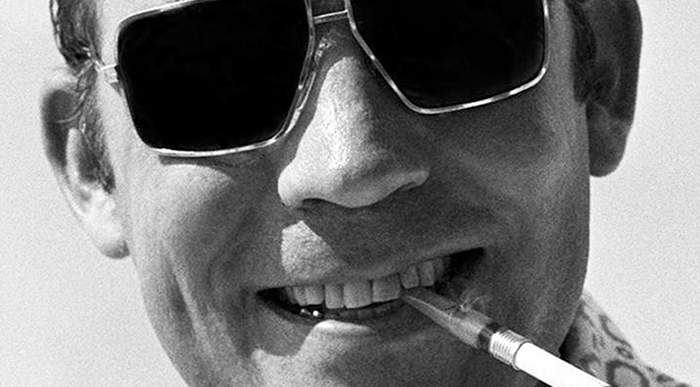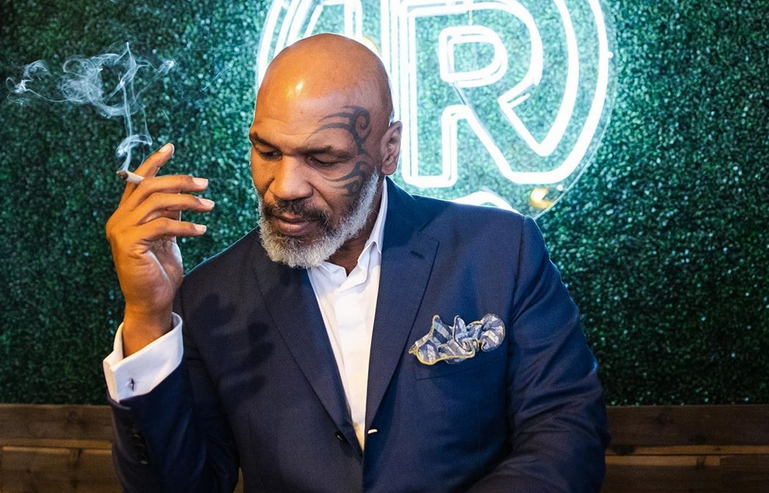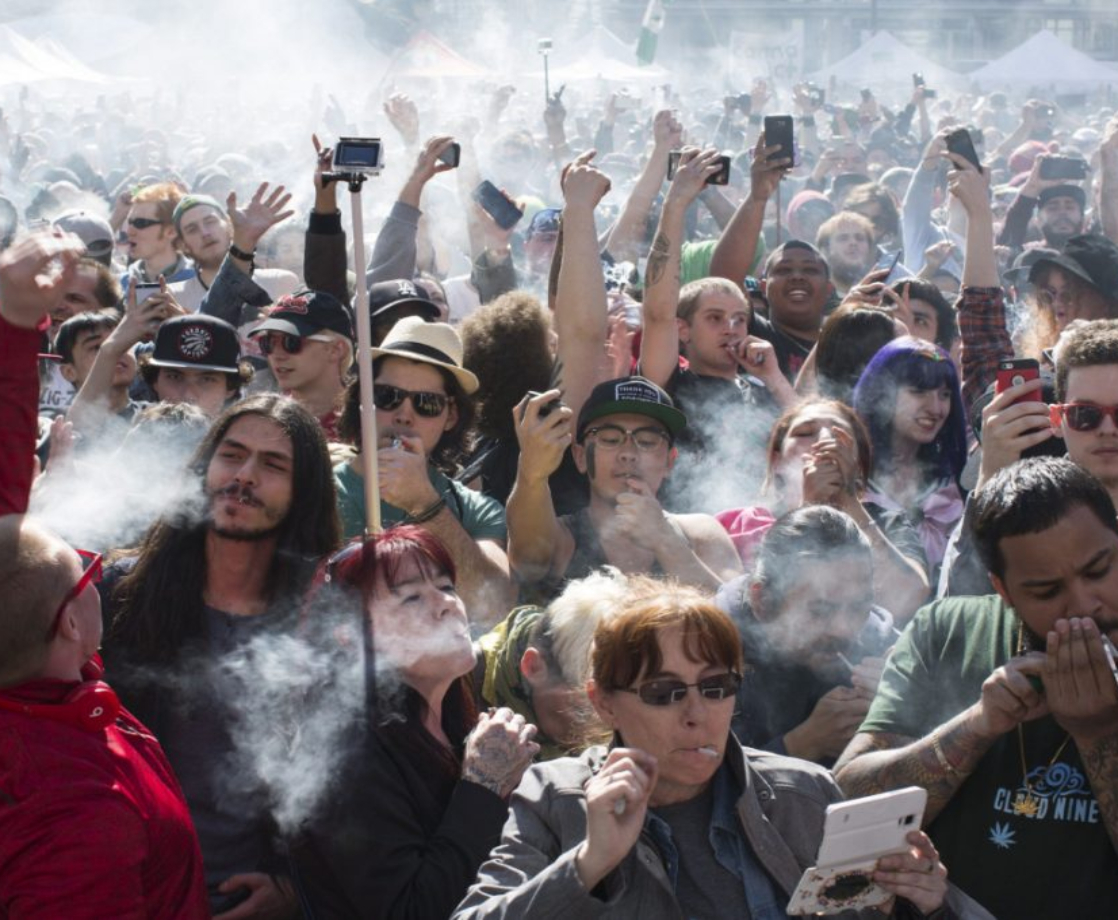Writer images via Twitter
Writing is a funny thing. Most writing doesn’t even last through the news cycle it’s chronicling. As a writer, you can expect your work to endure exactly as long as it takes a tweeter or commenter to tell you that you suck. Yet, great writing can last long after people remember the event that was being written about in the first place. Fear and Loathing on the Campaign Trail ’72, Hunter S. Thompson’s chronicle of the 1972 Democratic presidential race, has lived on for decades after that election. Today, more people read excerpts of that book in college classes than can actually tell you who George McGovern is.
As we enter the final day of fearing and loathing in the 2016 presidential race, we show love to the writing from this election cycle that we believe will endure beyond Tuesday’s results. Here are some writers future students may read in freshman seminars and think, “Goddamn, I wish I could write like that.”
Kaleb Horton, MTV News
Key Piece: “How I Spent My Summer Vacation”
A native son of Bakersfield, Calif., Kaleb Horton understands “the rest of America” in a way that most writers for Williamsburg- and Venice-based media companies could never hope to. He covers the conventions and the rallies, but he also covers the Walmart parking lots and roadside gas stations he passes through on the way. While writers at Vox and Slate make a business of speculating on what different voting blocks might think, Horton goes and talks to bikers and cashiers and cowboys and asks them what they think. His work packs the cynical humor of Thompson, but it is leavened by the working-class empathy of John Steinbeck. Whether he’s writing about the fringe Constitution Party, the Donald’s female apologists, or Truckers for Trump, his and his subjects’ humanity shine through.
Ashley Feinberg, Deadspin
Key Piece: “Is Donald Trump’s Hair a $60,000 Weave? A Gawker Investigation”
When it was announced that Gawker would fold as Univision took control of its other properties, my first thought was, “What’s going to happen to Ashley Feinberg?” Her hilarious political reporting is one part investigative journalism, one part meme anthropology, and one part comedy routine. Feinberg approaches her subjects, as humorous and varied as “Trump’s hairline” and “Ted Cruz’s soup habits,” with the dogged determination that David Fahrenthold approaches Trump’s charitable giving. The result is thoroughly researched and thoroughly hilarious work that you can’t resist, even if you promised yourself you weren’t going to read another damn thing about this election.
Jeb Lund, Rolling Stone
Key Piece: “Jeb Bush, and Dying With Indignity”
Though you can still find him @Mobute, one of Twitter’s best accounts, and on the “Polidicks” podcast, one the best political podcasts out there, you can no longer read Jeb Lund’s new work at Rolling Stone. Lund was one of many layoff casualties in the digital media world this year, and his work at Rolling Stone will be sorely missed. If Matt Taibbi’s writing was the hilarious righteous, fiery vitriol we needed during the Bush administration, Lund’s writing offers the perfect counterpoint 2016: equally frustrated and funny, but with the melancholy self-deprecation of a writer who realizes keenly that no matter what he says, we’re all still fucked. His elegy for Jeb Bush is my favorite piece of writing of the year of any kind. In the piece, Lund finds himself eulogizing his namesake, realizing that the best thing you can say about the man is that he isn’t Trump, but that doesn’t mean he deserves any more than that.
Ezekiel Kweku, MTV News
Key Piece: “The Deplorable Basket”
Formerly a writer for the Toast and Vice Sports, Ezekiel Kweku is probably best known to Twitter’s basketball lovers and politics aficionados as @theshrillest. Kweku’s writing on the election, Black Lives Matter, and those moments when the two collide has been some of the strongest of the cycle. Kweku consistently manages to find nuanced, thoughtful ways to look at race, class, and the election, in a world where the clickbait-industrial complex demands that we find the most divisive headline, put it in 72 point font, and defend with an army of strawmen. Though it’s clear from his Twitter feed that Kweku would much rather focus on the Golden State Warriors than the election, here’s hoping we’re see a lot more political thought from Kweku after Tuesday.











